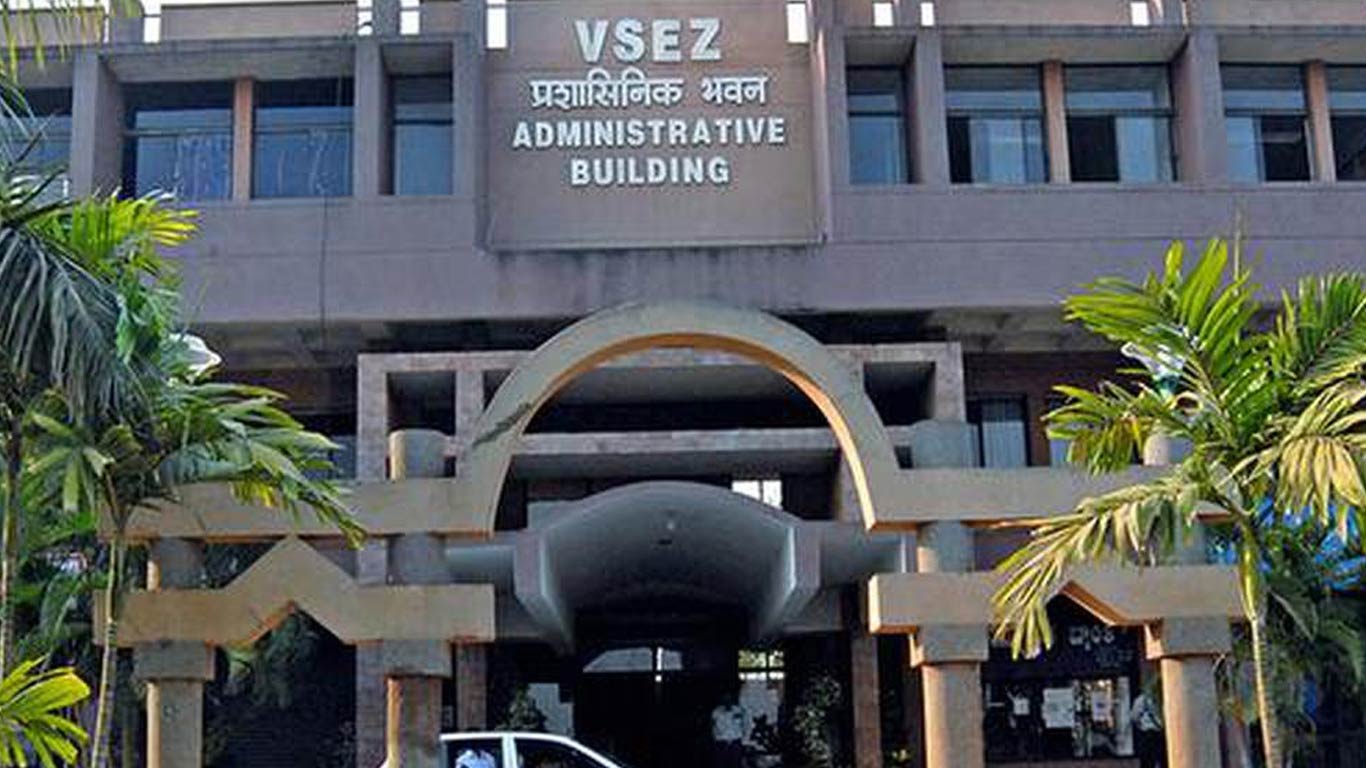Payment of wages below prescribed minimum wages attracts criminal liability in court
Updated: Apr 11, 2018 11:41:10am

Payment of wages below prescribed minimum wages attracts criminal liability in court
New Delhi, Apr 11 (KNN) A much known case of Geetam Singh (Central Secretariat Club vs Geetam Singh) exemplifies “Payment of wages below the minimum wage rate amounts to forced labor and attracts criminal liability”.
The Delhi High Court in this matter termed non-payment of minimum wages as “unconscionable and unpardonable.”
The court in its legal term stated that “Extraction of labor without payment of minimum wages, per corollary, would reflect an attitude which is inhuman”.
To draw the attention on necessity of payment of minimum wages, court stated that the payment of minimum wages is essential characteristic of humanity.
Geetam Singh who was employed as a gardener by the club registered a claim under Industrial Disputes Act alleging that he was being underpaid what was the minimum wages payable to him under the Minimum Wages Act, 1948 by the Central Secretariat Club.
The labor court rejected the Clubs argument that the club was not liable to pay Singh as per the Minimum Wages Act, 1948 because it was not an industry under the Industrial Disputes Act on the grounds of Bangalore Water Supply and Sewerage Board v. R. Rajappa case, wherein it was held that clubs were also industries.
The court in its statement said that a reading of the Bangalore Water Supply judgment makes it clear that the applicability of the Act was exempted only in a case in which the enterprise was clearly charitable in nature, without any financial transaction being involved.
It further mentioned that, as the Club did charge subscription from its members, thus the club was an 'industry' within the meaning of the Act.
The court thus held Club guilty for this act and directed the club to pay the difference in payment between the wages paid and the minimum wages to Singh under the Industrial Disputes Act 1947.
The Court also directed the Club to pay Rs 50,000/- cost for not complying with the Labor Court's order passed earlier, vide the order they had directed the Club to pay Rs 15,240 to Singh for the period between October, 1992 and September, 1995.
The Court said that the total amount to be paid with an interest @12% per annum from the date of award, July 16, 2004, till the date of paying him and directed that the payment must be made within four weeks.
The Minimum Wages Act, 1948 safeguards the interests of workers by providing fixation of minimum wages mainly focusing on unorganized sector and in specified occupations. The act binds the employers to pay their workers the minimum wages fixed under the Act from time to time.
A minimum wage not only guarantees bare subsistence and preserves efficiency, but also covers education, medical requirements and some level of comfort too.
The court stated that non-payment of minimum wages or reluctance on part of the employer in paying the minimum wage is not only illegal, inhuman and immoral, but also attracts criminal liability on the head of the employer.











